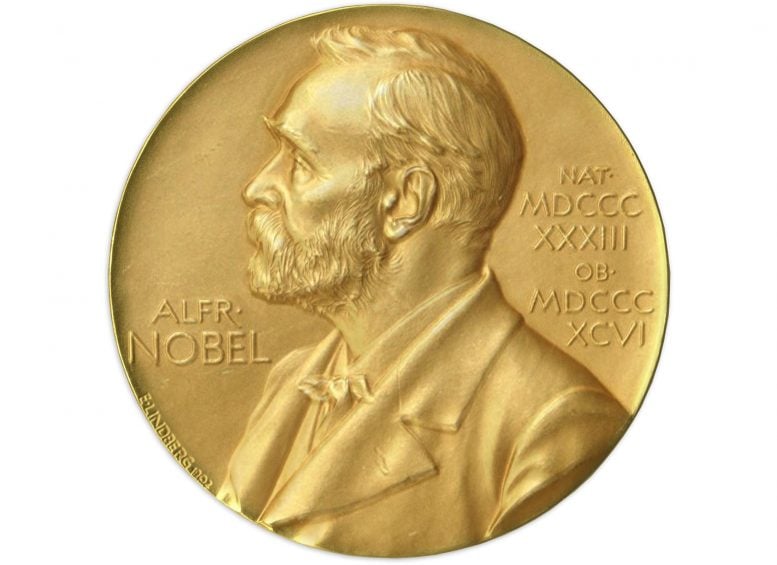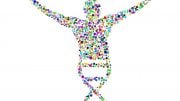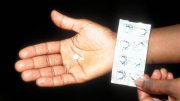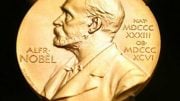
Each October, the Nobel Prizes are an opportunity to celebrate science. Unfortunately, this year’s prizes once again underscored a lack of diversity among the winners, according to experts in the Center for Health and Biosciences at Rice University’s Baker Institute for Public Policy.
“Representation at science’s highest ranks matters,” wrote co-authors Kenneth Evans, scholar in science and technology policy; Kirstin Matthews, fellow in science and technology policy; and Daniel Moralí, research associate, in a new post for the Baker Institute blog.
“Education research demonstrates that young scientists from underrepresented racial and ethnic groups, both male and female, are more likely to succeed when they develop an identity as a scientist,” the authors wrote. “A sense of scientist identity is far easier to build with a more diverse population of scientific mentors and national and international leaders. This year’s all-male prize pool (in the sciences) is both an ugly reflection of a deeply rooted racial and gender bias in the scientific community, and also of the Nobel’s archaic rule system. It is time to remake the Nobel Prize or leave it behind.”
In 2018, after decades of “omissions, implicit bias and outright misogyny,” academia’s biggest prize felt like it finally entered the 21st century, the experts said. “In the days leading up to the Nobel Prize announcement, the Academy (which administers the prizes) acknowledged the glaring gender imbalance in its prize pool and outlined changes to its awarding procedures meant to build a more inclusive body of nominators and nominees,” the authors wrote. “Then, for the second time in the Nobel’s nearly 120-year history, two women, Donna Strickland (physics) and Frances Arnold (chemistry), were recognized in the same year. Strickland was the first woman to win the physics prize in 55 years.”
Unfortunately, the 2019 prizes were a return to the status quo: All nine laureates in the sciences — physics, chemistry and medicine — went to men. Since the inaugural prize in 1901, the total number of female laureates now stands at three in physics, five in chemistry and 12 in medicine, out of 616 total recipients in the sciences, or 3.2% of the prize share (2.7% when fractional counting is taken into account).
“Concrete policy changes are needed to ensure more diversity is reflected in the world’s most visible and prestigious scientific honor,” the authors wrote. “Until it changes, the scientific community owes it to the public to stop upholding the Nobel’s dated and exclusionary prestige, and the myth of lone, male genius it represents.”









That’s because men are the inventors isn’t it? It’s always been that way. Women just don’t have the same brain functions as men. Name me one woman who has invented or discovered anything fundamental in science/engineering. Please don’t bring up Madame Curie as an “example.” Recognise it and move on.